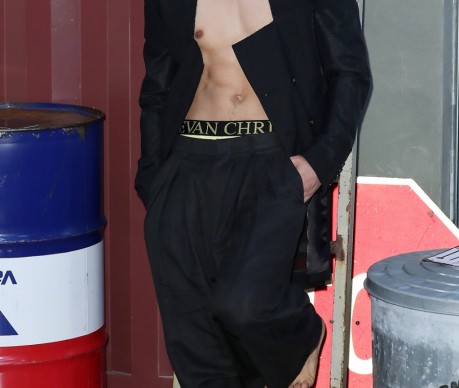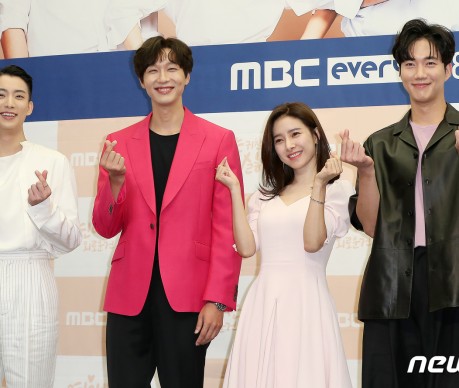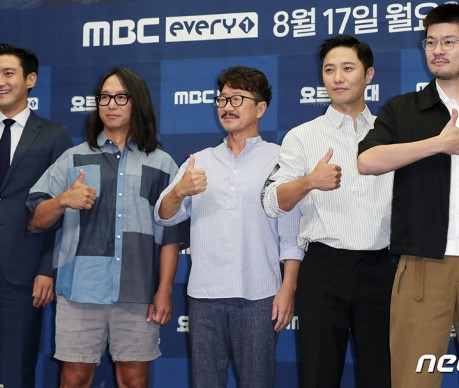Kdrama Talk: How Kdramas May Change The Way We Speak
If you watch Kdramas, you may have noticed that plenty of English words have been incorporated into Korean, forming a language that some refer to as Konglish. For example, some kdrama characters live in an officetel, which is roughly translated to mean office plus hotel or a place you can stay close to your office.
And unless they are in a historical drama, kdrama characters never go anywhere without their haendeupon, which is a hand or cell phone.
They may play a geim or game, watch a bideo or video, eat chokollit or chocolate and down that with a cup of keopi or coffee.
Then they might take the beoseu or bus-or at the very least try to chase it down because the love of their life is on it.
Until recently, Korean has absorbed a lot more English words and concepts than English has absorbed Korean words. Most Korean words that entered the English language have to do with food and drink. Think bimbambop or soju, although neither of those is necessarily easy to find. The only word that has really gone mainstream is the martial arts term, taekwondo.
However, the growing popularity of kdramas is leading to new variants on Konglish, which may introduce some words and concepts into the American language. If you've ever wondered what the following terms mean, when used either in the dramas or in fan discussions thereafter, here's a quick definition:
Chaebol: The son (or daughter) of a conglomerate. Always rich, although sometimes temporarily cut off from his or her inheritance due to a family feud. Usually annoying, vain or standoffish although this is not necessarily the case with real life chaebols.
Candy girl: As the name might imply, she is sweet. She is also a hardworking, ethical Cinderella type who perseveres despite the odds.
Skinship: You may have heard a character say, "but no skinship." That means physical displays of affection although the kdrama definition is sure to be more conservative than an American might imagine. Handholding, for example, could be included.
Fan service: Giving fans what they want, whether it's one of those shower scenes that has nothing to do with the plot or the suggestion of a relationship between two characters or performers. The first few episodes of "When A Man Loves A Woman" offer some examples, with Song Seung Hoon changing his clothes for no apparent reason other than getting female fans interested in his character.
Chocolate abs: This relates back to the fan service. The highly defined abs of kdrama leading men when they are engaging in fan service are said to resemble neatly cut bars of chocolate.
Bagel girl: A girl with a baby face and glamorous body
Um-chin-ah for umma chingoo ahdeul: Mom's friend's son, a perfect candidate to be set up on a blind date with.
And many kdrama fans find they now incorporate expressions of frustration such as "aish" and "aegyo" to into their daily vocabulary just because they have heard them so often. Has kdrama talk changed the way you speak? Let us know.











